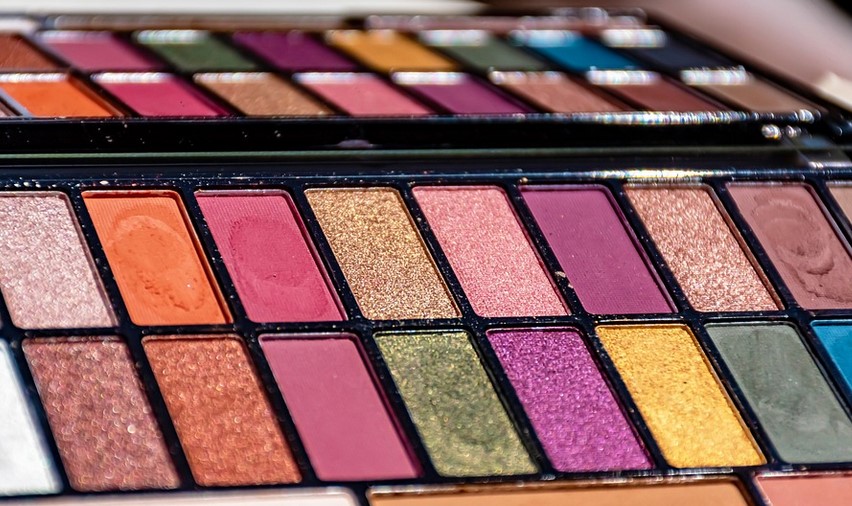Introduction
Fissures are tears or cuts in the skin around the anus, which can be extremely painful and uncomfortable. Lidocaine cream is a topical anesthetic that can provide relief from the symptoms of this condition. In this article, we will discuss how lidocaine cream works, its benefits, and how to use it effectively.
What is Lidocaine Cream?
Lidocaine is a local anesthetic that works by numbing the area it is applied to. Lidocaine cream is a topical form of this medication that is applied directly to the skin. It is commonly used to relieve pain and discomfort associated with minor burns, insect bites, and skin conditions like eczema.
Benefits of Lidocaine Cream for Fissure
When used for fissures, lidocaine cream can provide relief from the intense pain and discomfort associated with bowel movements. It can also reduce inflammation and itching, making it easier to heal. Additionally, lidocaine cream is a non-invasive treatment option that can be used in conjunction with other treatments for fissures.
How to Use Lidocaine Cream for Fissure
Before using lidocaine cream, it is important to clean the affected area with mild soap and water. Dry the area thoroughly and apply a small amount of cream to the fissure and surrounding area. Gently rub the cream into the skin until it is fully absorbed. Repeat this process up to three times a day, or as directed by your healthcare provider.
Possible Side Effects
Lidocaine cream is generally safe when used as directed. However, some people may experience mild side effects like skin irritation, redness, or itching. If you experience any severe side effects like difficulty breathing or swelling of the face, lips, tongue, or throat, seek medical attention immediately.
Precautions
Before using lidocaine cream, tell your healthcare provider if you have any allergies or medical conditions. Additionally, tell them if you are pregnant or breastfeeding, as lidocaine cream may not be safe for use during these times. Avoid getting the cream in your eyes, nose, or mouth, as it can cause irritation.
Alternative Treatments for Fissure
In addition to lidocaine cream, there are several other treatment options for fissures. These include increasing fiber intake, using stool softeners, and taking warm baths. In some cases, surgery may be necessary to repair the fissure.
Conclusion
Lidocaine cream is a safe and effective treatment option for relieving pain and discomfort associated with fissures. It is easy to use and can be used in conjunction with other treatments for optimal results. If you are experiencing symptoms of fissures, talk to your healthcare provider about whether lidocaine cream may be right for you.

